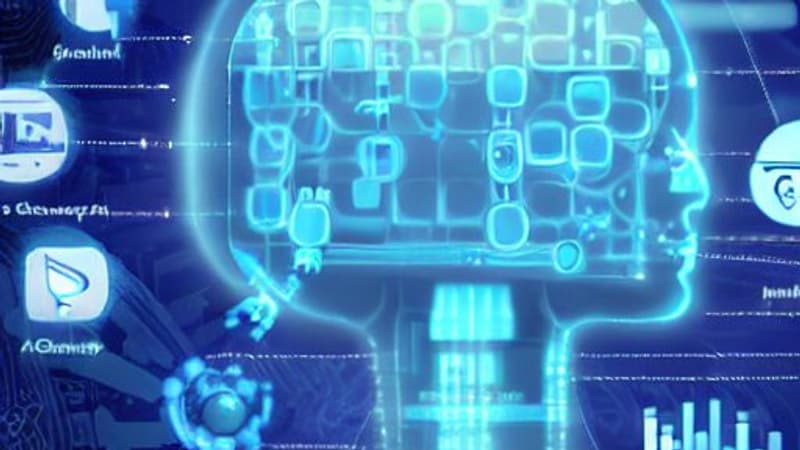“With great power comes great responsibility,” said Churchill (before being kidnapped by Spider-Man). And the adage now applies to OpenAI, the creator of the very powerful ChatGPT. Adored by many, the chatbot – software capable of answering multiple questions, but also of writing all kinds of texts on demand – is also a great source of concern in the academic field where the risks of plagiarism are increasing.
So, to assume its responsibilities, OpenAI presented this Tuesday a text detector made by ChatGPT. With a very relative efficiency, as even the American startup acknowledges.
Available on the company’s website, this tool is still far from reliable.
Reliable… at 26%
According to the startup’s early tests, its detector is only 26% reliable at detecting ChatGPT text, and in some rarer cases (9%), it even assigns a human text to its chatbot. And that’s only for English!
While OpenAi promises that these figures will improve over time (the algorithm, again, will learn from its mistakes), the company points out that the detector works best on long (1000+ characters) and unpredictable texts.
The OpenAI detector is not the only one available. We can cite GPTZero, a program presented by a student, or that of the French-Canadian startup Draft&Goal, which promise better results.
Source: BFM TV


